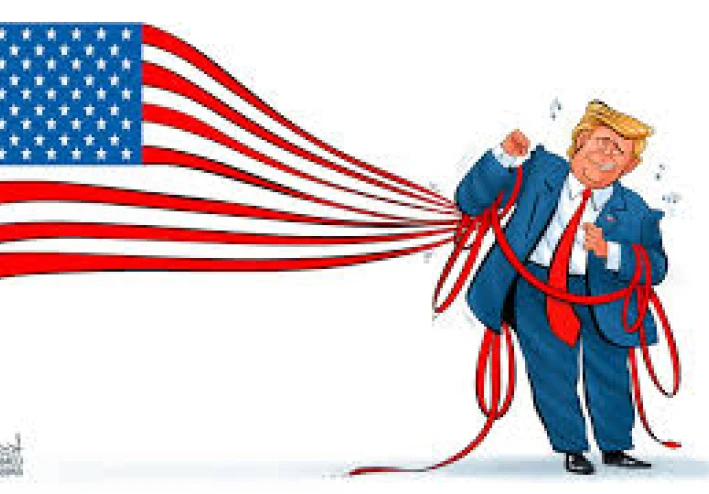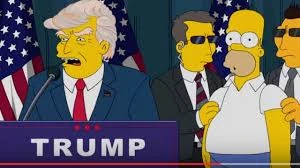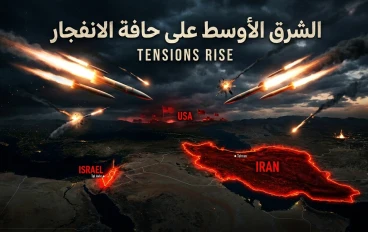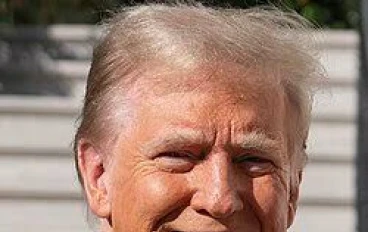
🇺🇸 “No Kings” Protests in the United States: A Fight for Democracy or a Battle Over Power?
🇺🇸 “No Kings” Protests in the United States: A Fight for Democracy or a Battle Over Power?
**Washington – Saturday, October 18, 2025

The United States is witnessing one of the largest waves of political protest in its modern history under the slogan **“No Kings”**, with more than **2,600 demonstrations** organized across all fifty states. The movement aims to denounce what organizers describe as **President Donald Trump’s abuse of power and violation of the U.S. Constitution**, in a moment of deep national polarization that recalls the turmoil of the 1970s.
Roots of the Crisis: Power Between the Constitution and the Presidency
These protests emerge amid growing concern that President Trump is expanding executive authority at the expense of judicial and legislative independence. Organizers of the “No Kings” movement argue that the struggle is **not merely partisan but existential**—a battle over the very identity of the American Republic.
Since taking office, Trump has faced criticism for clashing with Congress, the courts, and the media, as well as for statements that critics say erode public trust in democratic institutions. With elections approaching, many observers believe the president is tightening his grip on state mechanisms in ways that threaten constitutional checks and balances.
A Nationwide Wave of Demonstrations
According to **ABC News**, protests have erupted across the nation—from **New York and Washington** to **Los Angeles and Chicago**—with thousands carrying signs reading *“No Kings in America”* and *“Democracy Is Not a Monarchy.”*
In Washington, large crowds gathered near the Capitol, while Los Angeles and San Francisco saw peaceful marches organized by activists, students, and civil-rights groups. What makes this movement notable is its **diversity**—it includes not only Democrats but also former Republicans and conservatives alarmed by what they perceive as the erosion of institutional democracy.
The Political Dimension
Political analysts describe this wave as a **turning point in the relationship between citizens and the state**, arguing that it represents a deeper civic awakening. The slogan *“No Kings”* revives the founding principle of the United States—**rejection of absolute rule**.
While the protests may appear political, they also embody a **cultural and moral** stand against the concentration of power. They signal a growing fear among Americans that the republic could slide toward authoritarianism if institutional limits are ignored.
Social media has amplified this unrest: platforms such as *X (formerly Twitter)* and *TikTok* have become arenas for organizing and sharing protest information. The digital sphere has thus become the new public square, replacing traditional town halls as spaces for democratic expression.
The Administration’s Response
The Trump administration has downplayed the significance of the protests, labeling them as “partisan attempts to weaken the president and distort his economic achievements.” A White House spokesperson said, *“The United States is a free country, and everyone has the right to protest—but no one is above the law. The president respects the Constitution.”*
However, critics argue that this dismissive stance has only **fueled more anger**, particularly after reports surfaced of plans to impose stricter security measures in major cities to prevent potential unrest.
Possible Implications for U.S. Politics
Experts suggest that the “No Kings” protests could **reshape the American political landscape** ahead of the next elections. Liberal and progressive movements see the uprising as an opportunity to unify their base, while conservatives defend Trump as a bulwark against what they call the “deep state” and “elitist politics.”
In the longer term, the protests may trigger a constitutional debate on **the limits of executive power** and Congress’s duty to restrain it. Legal scholars have already called for new legislation to reinforce the separation of powers and safeguard civil liberties.
Challenges Facing the Movement
The protests face several challenges:
* **Potential government crackdown**, as federal authorities may attempt to restrict demonstrations under the guise of maintaining order.
* **Maintaining momentum**, since mass movements often lose steam if not translated into institutional or electoral gains.
* **Political polarization**, with Trump’s allies branding protesters as “anti-American radicals” to undermine their legitimacy.
To succeed, organizers will need to maintain a nonviolent strategy, build cross-party alliances, and connect constitutional principles to tangible social concerns.
Looking Ahead: A Test of Democracy
The United States now faces a **critical democratic test**. On one side stand Trump’s supporters, who view him as a populist leader restoring America’s strength; on the other, his critics, who see him as dismantling the very system he swore to protect.
What began as a protest could evolve into a **long-term civic movement** that redefines American democracy in the twenty-first century. Whether it fades or flourishes will depend on the protesters’ ability to sustain pressure through civic engagement and legal reform.
Ultimately, the “No Kings” protests remind the nation of its founding creed—**that no leader, however powerful, stands above the law**. In the streets of Washington, Los Angeles, and across the fifty states, Americans are once again voicing a simple, timeless message:
There are no kings in America.





































